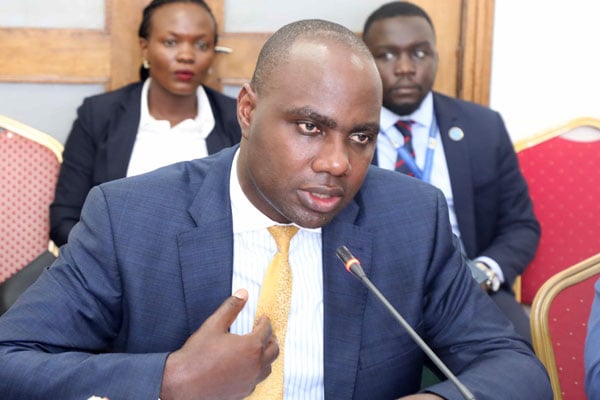Government proposes agriculture budget cut in effort to reduce reliance on external financing
The Ugandan government is aiming to reduce its budget for the Agro-Industrialization (AGI) program in the Financial Year 2024/25 by 9.4%, from Shs1.81 trillion to Shs1.64 trillion.
The move is part of a broader strategy outlined in the National Budget Framework Paper for FY2024/25 – FY2028/29 presented by Finance minister Henry Musasizi to Parliament.
The proposed budget cuts will directly impact the Agriculture ministry, Local Government ministry, and the National Agricultural Advisory Services, three of the 17 ministries, departments, and agencies implementing the AGI program.
The government aims to decrease development expenditure from Shs413.5 billion to Shs379 billion and minimize external financing from Shs1.007 trillion to Shs831.3 billion.
Finance ministry spokesperson Jim Mugunga clarified that the cuts are not intended to cripple the agricultural sector but are part of a broader effort to reduce external funding in the overall budget.
He emphasized that various sectors, including agro-industrialization, are facing reductions as the government seeks to use available resources instead of relying heavily on external financing.
Several other programs will also experience budget cuts, including mineral development, manufacturing, private sector development, sustainable energy development, and sustainable urbanization and housing.
The AGI program, which had its budget increased in the previous financial year, is pivotal to the government’s goals outlined in the 2021/25 National Development Programme III. The program aims to transform the agricultural sector, boost export values, reduce imports, create jobs, and enhance food security.
Despite the proposed budget cuts, the government remains optimistic about achieving these goals through improved revenue collection and controlled borrowing. The Finance minister highlighted the intention to settle issues with the World Bank to attract more contributors to fund the budget.
While experts have criticized the government’s borrowing practices, the Finance ministry asserts that it is working to balance priorities within the constraints of the available resource envelope.
















